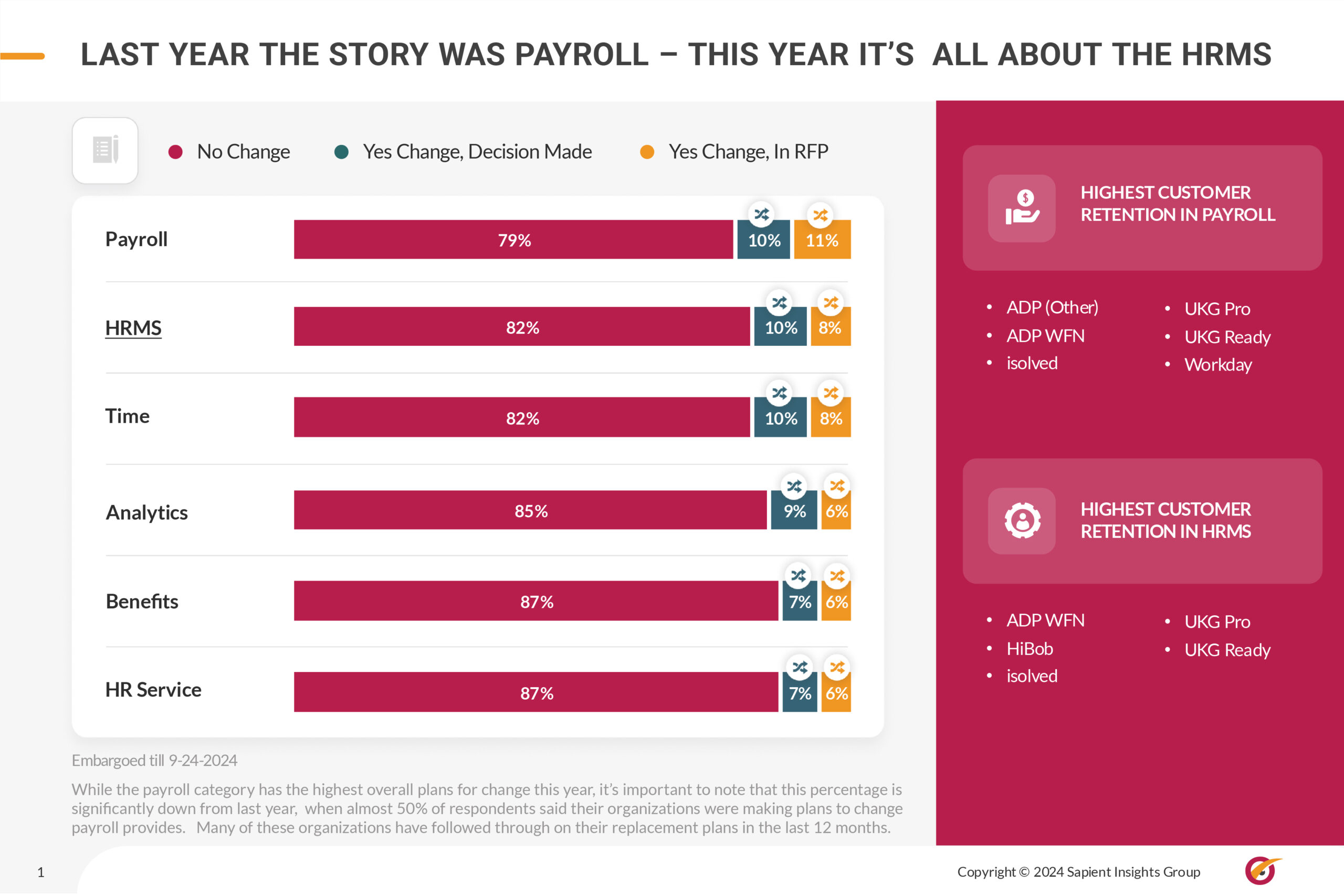Empowering HR teams to build a more supportive work culture
- Josephine Tan

Driven by factors such as organisatioal changes and a potential economic downturn, about 75% of HR professionals in Singapore are experiencing burnout at least once a month.
Additionally, 41% of the 150 HR professionals who participated in a study conducted by Intellect and Milieu Insight said their mental health was “fair”, “poor”, “very poor” or “extremely poor” due to the lack of necessary tools to combat emotional fallout and lack of recognition for their work.
Despite the prevalence of mental health challenges among HR professionals, the study found that only a third (32%) believed their organisation placed high or very high importance on employee mental health. While 51% reported that their employers provided them with mental health resources, less than half (44%) were satisfied with these resources.
Moreover, the study found that most HR professionals do not openly discuss mental health at work, with just 19% bringing it up once a month. Besides encouraging more discussion around mental health in the workplace, organisations can also do more to empower their HR teams to build a supportive workplace environment.
READ: Work flexibility can address employee burnout
Dr Oliver Suendermann, Vice President, Clinical, Intellect, explained, “Businesses must expand mental wellbeing support to HR teams to ensure they are able to become strategic partners tasked with taking care of employees and ensuring they remain engaged. An empowered HR workforce is more likely to realise their full potential at work and bring greater value to their team.”






